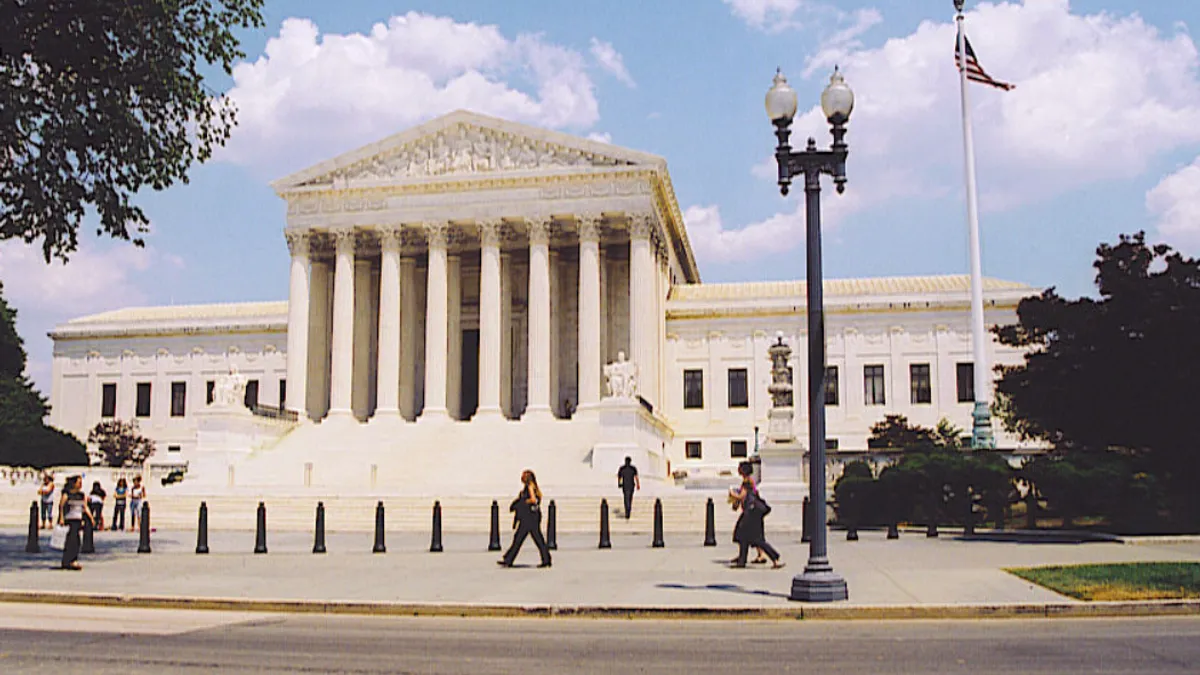Dive Brief:
- The U.S. Supreme Court on Friday separated two cases that take aim at race-conscious admissions policies at Harvard University and the University of North Carolina at Chapel Hill.
- Several months ago the high court lumped together the lawsuits, meaning they would be argued and decided as one. However, the court’s new justice, Ketanji Brown Jackson, said during the confirmation process she would recuse herself from the consolidated case because she sat on a Harvard board that advises the institution on academic programming matters.
- Splitting the cases enables Jackson to participate and rule in the UNC-Chapel Hill lawsuit. Both are slated to be heard in the Supreme Court’s next term, which begins in October.
Dive Insight:
Colleges are closely watching the Harvard and UNC-Chapel Hill lawsuits, as decisions against the institutions could end decades of Supreme Court precedent preserving the use of race as one of many factors colleges can consider in admissions decisions.
The high court has repeatedly upheld narrowly tailored uses of race-conscious admissions. But in one past case, it surprised the higher education sector when the court backed these practices, and its political makeup has shifted to the right since justices last ruled on the issue.
Observers now expect the court to declare policies related to affirmative action unconstitutional after the additions of former President Donald Trump’s judicial appointees, Justices Brett Kavanaugh, Amy Coney Barrett and Neil Gorsuch.
The lawsuits were brought by Students for Fair Admissions, a conservative legal advocacy group helmed by a prominent affirmative action opponent, Edward Blum.
The organization argued the two universities’ undergraduate admissions policies are discriminatory against Asian American students. In the UNC-Chapel Hill case, it also argued admissions policies discriminate against White students.
The public is split on affirmative action. About three-fourths of Americans don’t think race or ethnicity should be considered in admissions decisions, a Pew Research Center poll found in April. While 80% of White adults were against factoring in race, just 62% of Black adults and 59% of Asian American adults said the same.
Experts have said affirmative action policies are not broadly understood and could factor into their unfavorable public view. Race-conscious rules do not enjoy support even in progressive areas like California, which in 2020 declined to lift the state’s ban on affirmative action.














